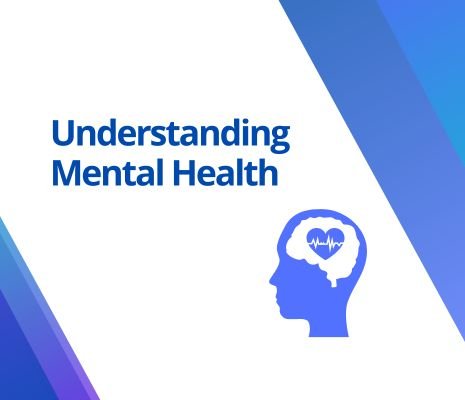In today’s fast-paced world, we often talk about fitness, diet, and heart health — but rarely do we pause to care for the most powerful organ in our body: the brain. As a neurosurgeon, I see every day how closely our mental health and brain health are connected — and how caring for one naturally strengthens the other.
The Beautiful Balance of Mind and Brain
The mind and brain are like two sides of the same coin. The brain controls our thoughts, emotions, and actions — and in turn, the way we think and feel affects how our brain functions.
When we nurture our mental well-being, we are also nurturing our brain cells, their connections, and even the way our brain grows and heals itself.
It’s heartening to know that the brain has a remarkable ability to adapt and recover — a quality known as neuroplasticity. This means that positive habits, mindfulness, and emotional balance can physically reshape and strengthen the brain over time.
Mental Health Is Brain Health
Mental health is not just about avoiding illness — it’s about living with clarity, peace, and emotional strength.
Our brain thrives when we create the right environment for it — one filled with calm, creativity, purpose, and meaningful relationships.
Just as a healthy diet nourishes our body, positive thoughts and self-care nourish our brain.
Steps to Strengthen Both Mind and Brain
Here are some simple, science-backed ways to keep your mental and neurological health in harmony:
- Prioritize good sleep: Deep sleep restores your brain, sharpens memory, and boosts mood.
- Practice mindfulness or meditation: It reduces stress hormones and enhances emotional control.
- Eat smart for your brain: Omega-3s, green vegetables, and antioxidants protect nerve cells.
- Move your body: Exercise increases blood flow and triggers the release of happy chemicals.
- Stay socially connected: Talking, laughing, and sharing with others keeps the mind active and positive.
- Keep learning: New hobbies or skills stimulate the brain’s growth and flexibility.
When to Reach Out
Sometimes, even with all the right habits, we may feel overwhelmed or emotionally drained — and that’s okay. Reaching out for help from a mental health expert or neurologist is a sign of strength, not weakness. Early conversations can lead to faster recovery and better understanding of what the brain needs.
From my experience, mental health is one of the most hopeful aspects of modern medicine. The brain’s ability to heal, rewire, and grow stronger continues to inspire me every day.
When we care for our thoughts, sleep, emotions, and relationships — we’re not just improving our mood, we’re building a stronger, healthier brain.
Let’s start seeing mental health as a celebration of our inner strength — not a condition to fear.















